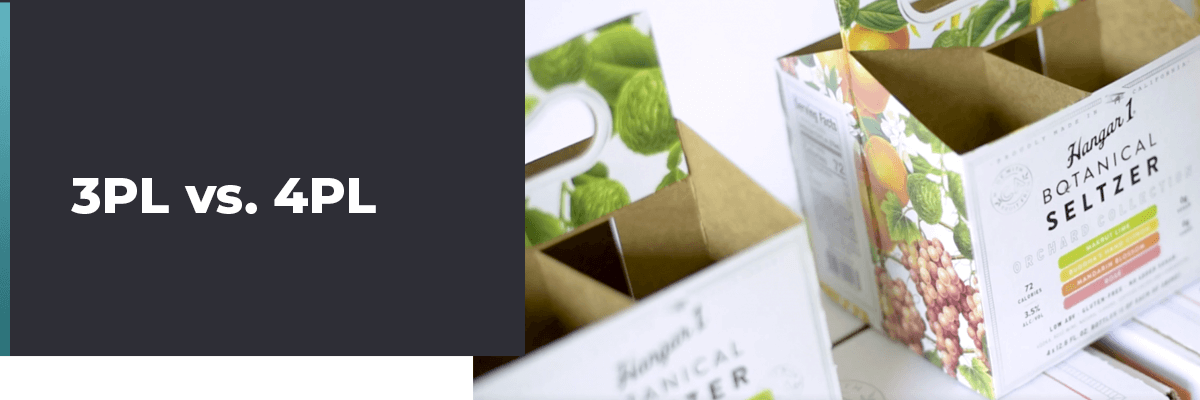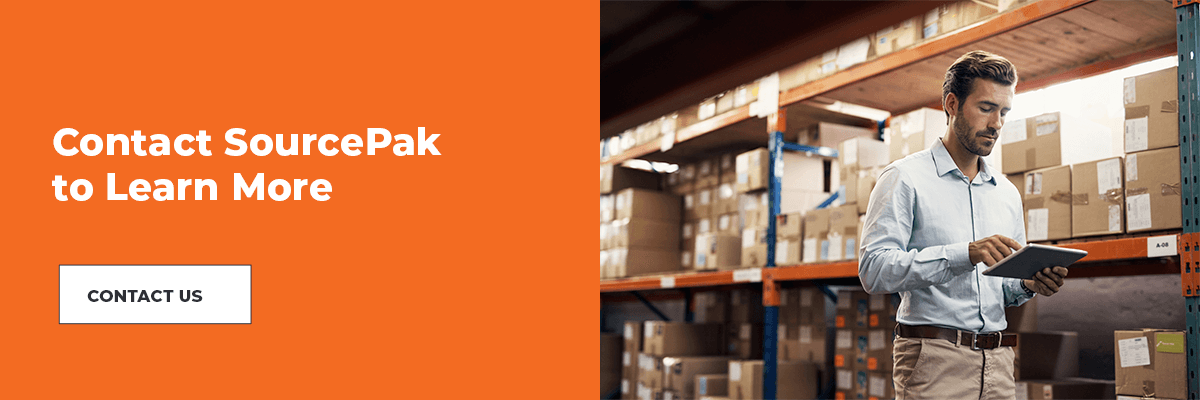Are you considering outsourcing your business’s order fulfillment function to reduce shipping costs, improve customer service or gain other advantages? You’ll need to determine whether partnering with a third-party logistics (3PL) or fourth-party logistics (4PL) provider makes more sense for your company.
What Is a 3PL?
A 3PL serves as a vital link between your business’s manufacturing and production processes and your customers. Your 3PL provider can manage key aspects of the fulfillment process, including receiving goods, providing temporary storage, selecting orders, packing and shipping the loads and processing customer returns.
The benefits of partnering with a 3PL include:
- Saving time and reducing your company’s overall order fulfillment costs
- Providing access to logistical expertise your company may not have in-house
- More scalability and flexibility to meet your business’s evolving fulfillment needs
- Enabling you to focus more resources in other areas of your operation
- Increasing customer satisfaction through enhanced efficiency
What Is a 4PL?
A 4PL, sometimes referred to as a lead logistics provider (LLP), offers a more comprehensive, in-depth logistics solution. A 4PL provider typically provides the same services as a 3PL but assumes a more significant role in organizing and managing the supply chain.
Examples of the additional services a 4PL can deliver include:
- 3PL management
- Development and implementation of freight sourcing strategies
- Comprehensive logistics planning and execution
- Project management
- Business planning
- Analysis of carrier performance, transportation expenses and capacity utilization
- Inventory planning and management
- Supplier base coordination
The Differences Between 3PL vs. 4PL
A primary difference between a 3PL and a 4PL is the nature of the relationship between the outsourcing company and the service provider. In a 3PL arrangement, the business typically works with one partner that manages the entire order fulfillment process. The 4PL adds an extra layer of separation. It may control the functions of multiple 3PL providers and other entities within the supply chain.
Another difference is in the scope of the services provided to the outsourcing company. A 3PL focuses on the business’s day-to-day order fulfillment needs. On the other hand, the 4PL takes more of a big-picture view, devoting more of its attention to service integration and supply chain optimization.
Because 4PLs tend to be larger organizations with multiple operational layers, they don’t always deliver the same level of customer support as a 3PL — the quality of service is sometimes inconsistent. Quality control can also be an issue with some 4PL providers.
In general, a 3PL will meet the order fulfillment needs of small-to-medium-sized businesses. A 4PL is often better for larger companies with complex supply chain arrangements requiring more intensive organization and integration between multiple distribution channels.
Contact SourcePak to Learn More
SourcePak is a leading 3PL services provider that can meet the order fulfillment needs of small-to-medium-sized businesses across a wide range of industries. We’ll provide a customized logistics solution to reduce your operating costs and help you deliver better service to your valued customers.
Contact us to learn more about the difference between 3PL and 4PL — and which is the better choice for your business.






Recent Comments